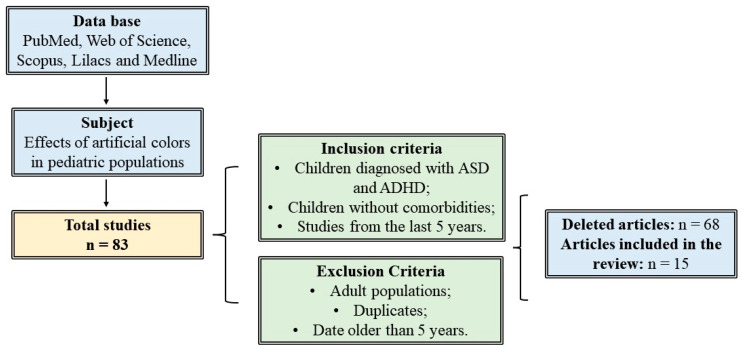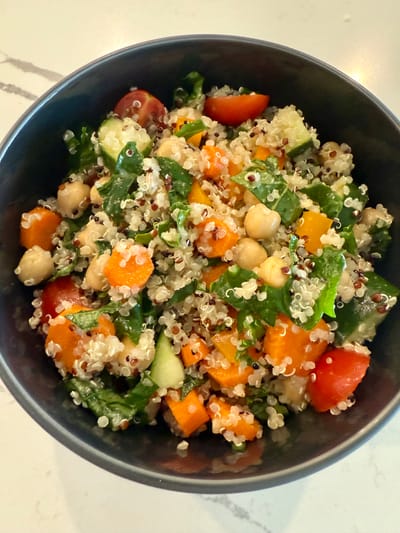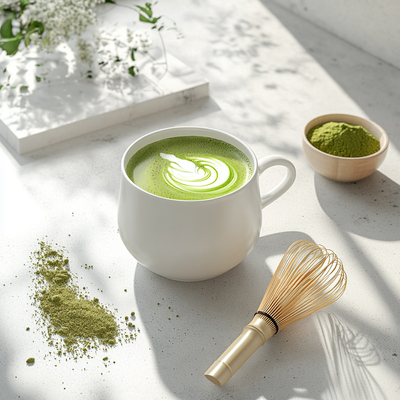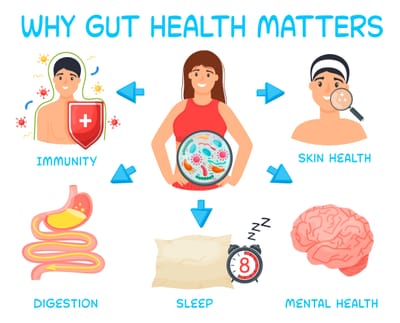On this page
The modern food industry is filled with processed ingredients that can wreak havoc on your health. Three of the biggest offenders? Seed oils, artificial food dyes, and genetically modified organisms (GMOs). These ingredients are linked to inflammation, gut issues, metabolic disorders, and even neurological problems. While they’re marketed as safe, research tells a different story—one that the food industry doesn’t want you to hear.
In this article, we’ll break down why these three ingredients are so dangerous, how they impact your health, and what you can do to protect yourself and your family.

The Problem with Seed Oils
Seed oils—such as canola, soybean, corn, sunflower, and safflower oil—are highly processed industrial oils that didn’t exist in the human diet until the last century. These oils are marketed as "heart-healthy," but they’re doing far more harm than good.
Why Seed Oils Are Harmful:
- High in Omega-6 Fatty Acids: While omega-6 fats are essential, our bodies need a balance of omega-6 to omega-3. Seed oils create an imbalance, leading to chronic inflammation, a root cause of many diseases.
- Easily Oxidized: When exposed to heat, light, or air, seed oils oxidize, forming toxic compounds that damage cells and accelerate aging.
- Linked to Metabolic Disorders: Studies show that high omega-6 intake is associated with obesity, insulin resistance, and fatty liver disease.
Health Conditions Linked to Seed Oils:
- Chronic inflammation
- Heart disease
- Autoimmune disorders
- Obesity and metabolic syndrome
- Cognitive decline and Alzheimer’s
What to Eat Instead:
Ditch the industrial oils and switch to natural, stable fats like:
- Extra virgin olive oil
- Avocado oil
- Coconut oil
- Grass-fed butter or ghee
- Animal fats like tallow and lard


The Hidden Dangers of Artificial Food Dyes
Brightly colored cereals, candies, sodas, and snacks may look appealing, but their artificial dyes come with serious health risks. Many of these dyes are banned in other countries due to their harmful effects, yet they remain widespread in the U.S. food supply.
Common Food Dyes and Their Health Risks:
- Red 40: Linked to hyperactivity, behavioral problems, and migraines.
- Yellow 5 & 6: Can cause allergic reactions, asthma, and DNA damage.
- Blue 1 & 2: Potentially linked to cancer and neurological issues.
A study published in the Journal of Pediatrics found that artificial dyes contribute to hyperactivity and attention disorders in children. Some European countries have even banned these dyes, requiring warning labels on foods that contain them.
Health Conditions Linked to Artificial Food Dyes:
- ADHD and behavioral issues
- Allergies and asthma
- Cancer risk
- Gut inflammation
What to Eat Instead:
Skip the synthetic dyes and opt for natural food colorings like:
- Beet powder (red/pink)
- Turmeric (yellow)
- Spirulina (blue/green)
- Paprika or annatto (orange)


The GMO Problem: More Than Just Frankenfood
Genetically modified organisms (GMOs) are crops that have been engineered to withstand heavy pesticide use or produce their own toxins. The biggest offenders? Corn, soy, canola, and cottonseed. These crops dominate the processed food industry and are virtually impossible to avoid unless you’re actively looking for non-GMO or organic products.
Why GMOs Are Dangerous:
- High Pesticide Residues: Most GMOs are engineered to be resistant to glyphosate (Roundup), a known carcinogen linked to cancer, gut damage, and hormone disruption.
- Disrupts Gut Health: GMO crops often contain Bt toxin, an insecticide that has been shown to damage gut bacteria and contribute to leaky gut syndrome.
- Linked to Chronic Disease: Studies suggest that GMOs may play a role in autoimmune diseases, infertility, and even neurological disorders.
Health Conditions Linked to GMOs:
- Digestive issues and gut inflammation
- Autoimmune diseases
- Cancer risk
- Hormonal imbalances
How to Avoid GMOs:
- Buy organic—organic foods cannot be genetically modified.
- Look for the Non-GMO Project Verified label.
- Avoid processed foods—most contain GMO corn, soy, or canola.
- Choose pasture-raised meat and dairy—conventional livestock is often fed GMO grains.

Take Control of Your Health
Seed oils, artificial food dyes, and GMOs are wreaking havoc on human health, contributing to inflammation, chronic disease, and metabolic disorders. Unfortunately, these harmful ingredients are everywhere, hidden in everything from salad dressings to children’s snacks.
But there’s good news: You have the power to choose better foods.
By avoiding processed foods, choosing whole, organic ingredients, and prioritizing healthy fats, you can protect your body from the damaging effects of modern food additives.
What’s your biggest struggle when it comes to avoiding these toxic ingredients? Drop a comment below and let’s talk!











